二十三,糖瓜粘
二十四,扫房子
二十五,磨豆腐
二十六,去割肉
二十七,宰公鸡
二十八,把面发
二十九,蒸馒头
三十晚上熬一宿
大年初一扭一扭
春节的脚步越来越近,这周五就是除夕夜了,是不是不少小伙伴已经开始放假啦?对于美食大国而言,这过节怎能离得开吃呢~ 按照传统习俗,从腊月二十三小年开始,就得开始备好各种年货,好让咱过年能欢聚一堂,酒足饭饱。
今天腊月二十七,按照传统习俗得“宰鸡赶大集”,家家户户要宰杀自家的家禽,还要赶集、采购,买鞭炮、春联、牛羊肉、礼品,当然啦,还有新衣服~
那么,除了年前买买买,春节还有哪些年味儿十足的习俗?下面就让世纪君带你细数一番,英文用法赶紧记好,也跟老外聊聊咱的春节~
贴春联
Paste up/stick spring couplets/scrolls
喜庆的大红春联是对联的一种,在春节时张贴,故名春联。最初在古代是人们用来避邪迎福的~ 因为是对联的一种,所以通常成对张贴,而双数在中国文化中也象征吉祥好运~当然咯,通常大家都会上街买现成的春联,您要是有雅兴,也可以自己铺纸泼墨,写春联~
Chinese characters that are auspicious for the coming year are generally written on two pieces of red paper with ink and a brush, and glued by the sides of the doors.
哦对了,最近阿里巴巴发明了一种机器人,只要你告诉它你想要写啥,它就能挥笔题字写对联……就像这样↓↓↓
真是科技改变生活啊~ 说不定在未来,人人家里都能有个机器人帮你包饺子呢……
A robot featuring cloud technology writes Spring Festival couplets at Alibaba Group's Xixipark in Hangzhou, Zhejiang province, on Jan 16. Employees are able to talk to the robot and ask it to design customized couplets for the festival, which falls on Jan 28.
贴福字
Paste up/stick the character of Fu
话说,这一过年,各家各户、大街小巷都能看见“福”字。今年支付宝还玩儿了个“扫福字集福卡”活动,也是充分利用了一把现在大热的AR增强现实技术(Augmented Reality,简称 AR)。嗯没错,就是大火游戏Pokemon Go里面抓小精灵用的那种技术~
根据中国传统,民间为了更充分的体现祈福,干脆将"福"字倒过来贴,表示"幸福已到"、"福气已到”。据说,真正贴福字的时间应该在大年三十的下午,日落之前,且顺序应该是从外向里贴,先贴“抬头福”(房内一进门正前方),再贴门福,以此类推,最后一个才能贴倒福,意味着一年的福气都要从外面流进来。
The character fu, or “happiness” is usually written on red diamond-shaped posters. They are usually stuck upside down on the doors. This is because the Chinese character dao (upside down) has the same sound as another dao, which means “arrive”. Placing fu upside down symbolizes the arrival of happiness.
年夜饭
The Spring Festival’s family reunion dinner
对于很多人来说,过年最期待,最重要的一项活动就是吃年夜饭了~在鞭炮声中,全家人围坐在一起,共进晚餐,一同辞旧迎新。年夜饭也叫团圆饭,是农历除夕的最后一餐。这一餐也是必须相当的丰盛~ 一般来说,大家都讲究要吃鱼,象征年年有余,也会有饺子、馄饨、元宵、长面或年糕等主食。想想就已经开始流口水了有木有~
It is the most sumptuous and ceremonious dinner of the year for a family. No matter how far they are away from home, people manage to return for a dinner with other family members on Chinese New Year’s Eve. And more than enough food is prepared, showing abundance and wealth.
Most dishes have their own cultural meanings, all showing people’s good wishes for the new year. For example, fish is always served, because fish is pronounced in Chinese as “yu”, which means having more than just enough.
看春晚
Watching the CCTV annual Spring Festival Eve Gala
过去二十多年来,每年除夕看春晚都成了中国人的一种传统了~ 当然咯,虽然这两年来越来越多的人觉得春晚变无聊了,评价也大不如前,但是全家一起坐在电视前聊着天,调侃嬉笑,也是非常难得的事儿~ 所以,重点已经不是春晚的节目啦~ 阖家欢乐才最重要~
During the past 23 years, watching the CCTV annual Spring Festival Eve Gala has been popular. At eight o'clock on lunar New Year's eve, families gather in front of the TV, watching, chatting and waiting for the lunar New Year's arrival.
Although in recent years, more and more people have found the show boring, most of them still watch it and give their opinions afterwards. Much more than a TV programme, the show brings the whole family together and offers them a good topic for conversation.
放烟花/鞭炮
Set off fireworks/ firecrackers
传说中,烟花爆竹最开始是用来驱赶“年”这头怪兽的。而现在放烟花、点鞭炮主要是为了增加节日气氛,让年味更浓。最近两年,由于北方雾霾严重,政府都会提醒大家尽量减少燃放烟花爆竹,减轻空气污染。而烟花爆竹的售价也是越来越让人“望而却步”了呢~
不过对喜欢放鞭炮的孩纸们来说,无论价格上涨得多“金贵”,还是忍不住得来一发,才有点儿年味儿不是?
Chinese people traditionally set off fireworks during Spring Festival, in the belief that this helps scare off the Nian and brings good fortune at the beginning of the year and good luck throughout the year.
拜年
Pay lunar New Year’s calls/visits; give Spring Festival greetings
大年初一那天,家长们都会带领小辈出门谒见亲戚、朋友、尊长,说吉祥话向亲朋们祝颂新年,有的地方还讲究晚辈给老人磕头行礼。主人家则以点心、糖食、红包(压岁钱)热情款待。
拜年的传统时间应该是除夕零点以后,这个时候新的一年真正开始,大家互相祝贺,而早于零点就属于拜早年,如果晚于正月初十就属于晚年了。民间有句谚语:“有心拜年十五不晚。”当然咯,网络时代咱都流行微信拜年了,也没人会耗到那么晚了吧~
It’s important that you pay relatives and friends a new year’s call during the holiday. This is done at people’s homes from New Year’s Day to the 15th day, or the Lantern Festival. People give each other best wishes and gifts. This is also a time for the younger generation to bow or kowtow to the elders for health, good fortune, work, and so on and to get a red package in return.
压岁钱/红包
Lucky money/ red envelop
对很多人来说,过年收红包才是重头戏啊……以往大家喜闻乐见、放在红色“信封”里的压岁钱,现在慢慢都演变成微信发红包了。当然咯,相信不少家庭还延续着给现金红包的传统,谁让在中国红色象征着红红火火、生活幸福呢~ 大家都想图个喜庆和吉利~
For many young people, Chinese New Year is just as much about yasuiqian — money in red envelopes traditionally given to children. On the Chinese mainland, kids get red envelopes at home from their parents and relatives. In Hong Kong, it is also customary to give Lai See (利是), a gift of money, to anyone in your personal service, such as nannies and cleaners.
(话说这儿还要先跟大家预告一下~ 除夕和大年初一两天,世纪君都会推出好玩儿的抢红包活动哦~~敬请期待!)
过年禁忌
New Year taboos
说起过年期间的禁忌,除了嘴上不能说不吉利的字眼儿(比如病啊死啊的),估计不少小伙伴首先想到的就是不能理发吧~ (所以年前的理发店都是个个儿爆满啊……)
按照习俗,整个正月都忌讳剃头,得熬到二月初二“龙抬头”才行。而原因就奇葩了,剃头的话会“死舅舅”。
其实,这个习俗据说源于清朝。满清入关后要求所有男子剃掉前额的头发,在脑后扎一条辫子。当时许多人把遵从传统习惯和怀念明朝的情感结合起来,约定每到正月里大家都不剃头,并将这个行动定名为“思旧”,意思是“思念过去的历史”。但随着时间的流逝,口耳相传,以讹传讹,“思旧”的谐音附会成了“死舅”,于是有了流传至今的民俗。
People usually get a haircut before Chinese New Year's eve because it is said that getting one's hair cut in the first lunar month puts a curse on one's maternal uncles.
另外,打破碗碟也是忌讳。如果不小心摔碎了,在场的人必须以迅雷不及掩耳盗铃之势,说上两句吉祥的顺口溜,如“岁(碎)岁平安”,“打发(大发,发财之意)”等来弥补。
你还知道哪些春节习俗嘛?

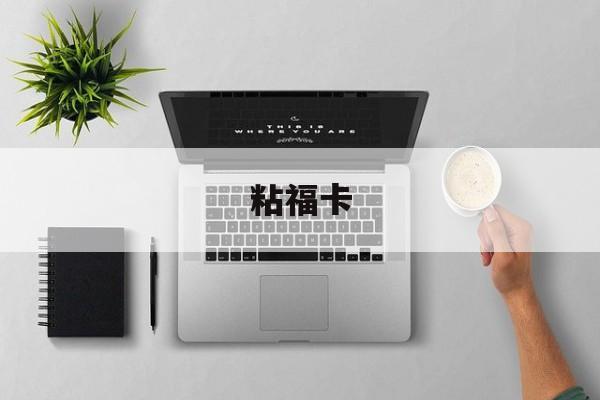
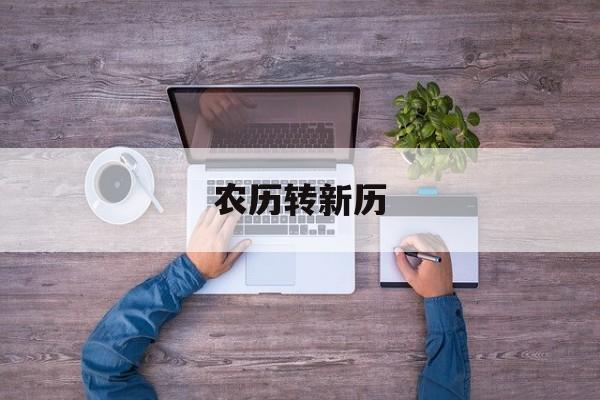
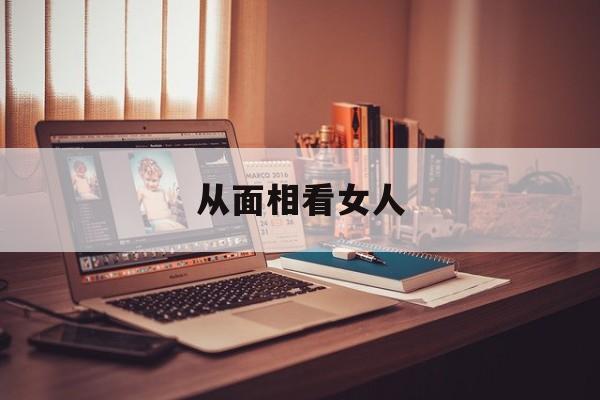

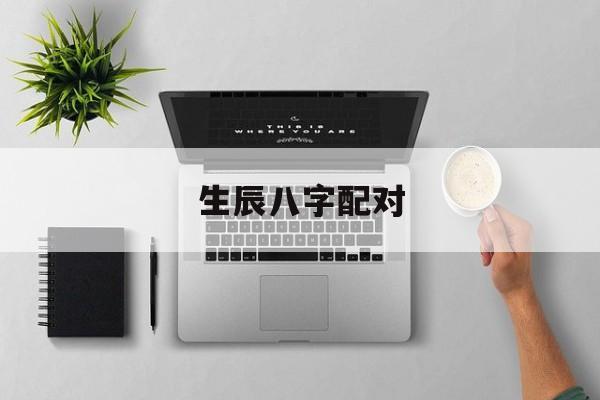
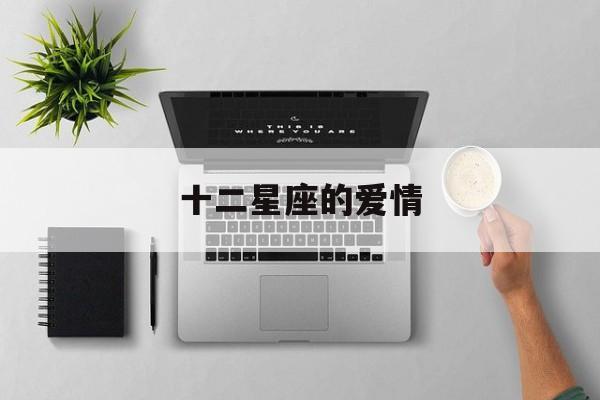
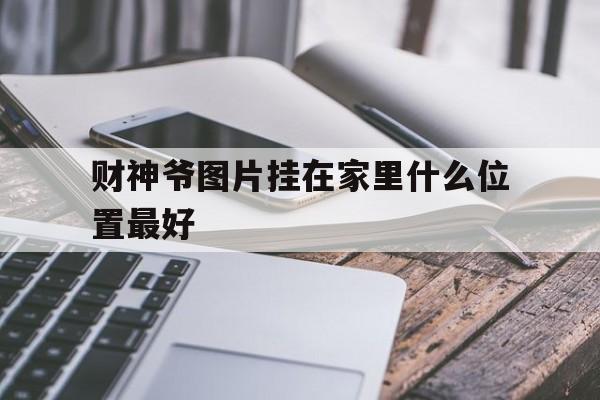
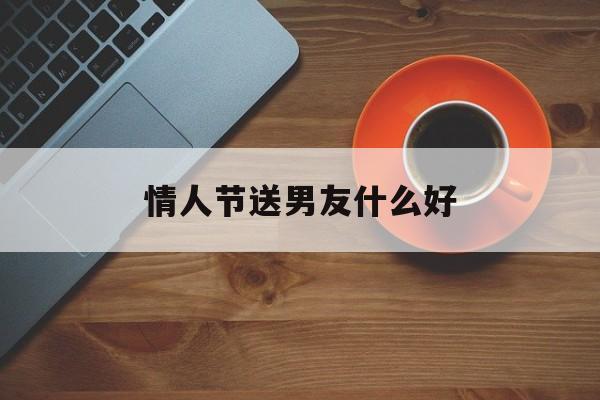
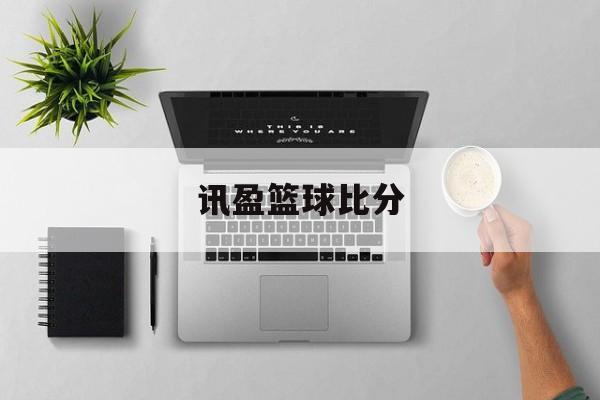
还没有评论,来说两句吧...